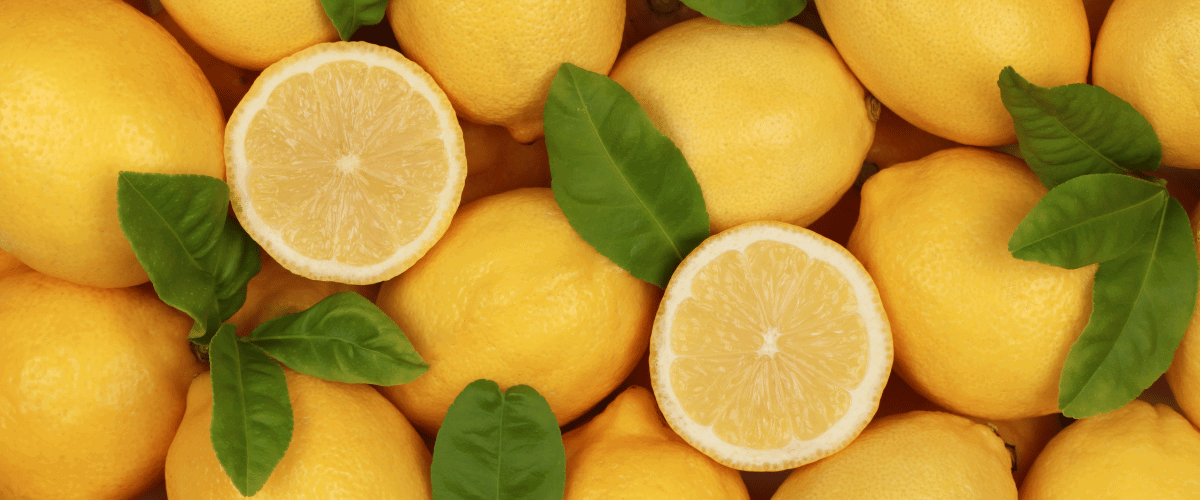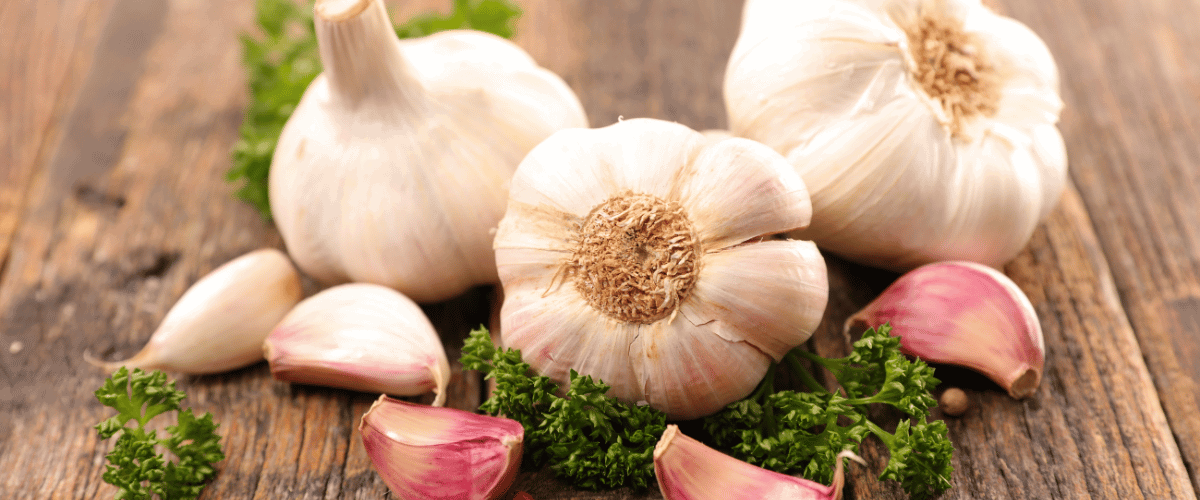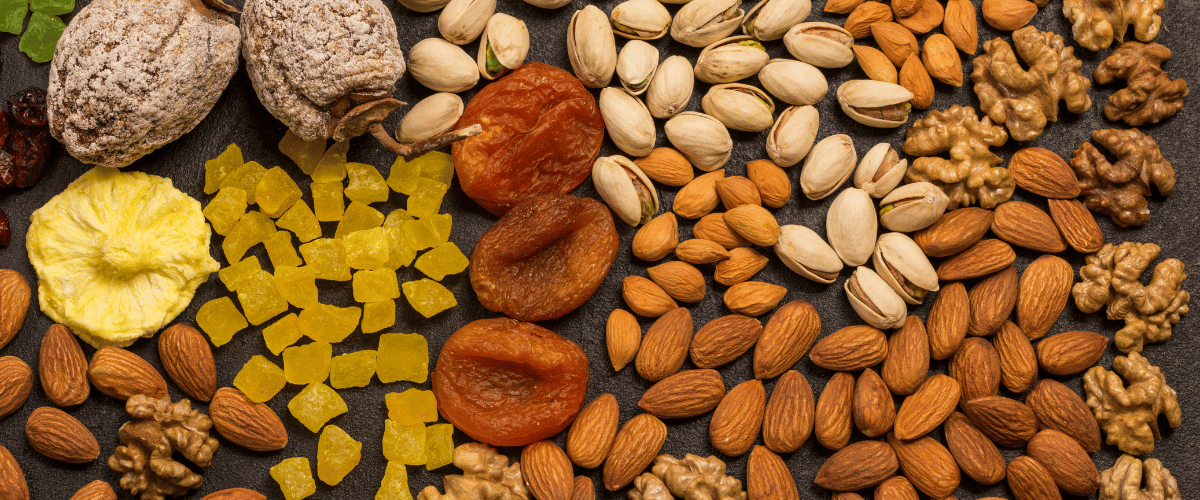Monsoon is what brings us extreme relief from the scorching heat. It is how we feel refreshed and lively. Though the weather remains pleasant, health concerns are common during the monsoon season. Good monsoon diet tips can help avoid serious diseases.
Influenza, viral infections, food poisoning, and weakening of immunity are all very common during this season. That is why we should be careful about our diet during monsoon.
In this article, we will be providing you with some valuable monsoon diet tips that can help you stay fit and healthy throughout this monsoon.
Below are some simple yet effective monsoon diet tips
1. Turmeric
Turmeric is also referred to as the “golden spice,” because of its antimicrobial and anti-inflammatory properties. As a result, it can be used as a natural remedy for various health conditions. This spice can help fight infections and avoid the common cold or flu. It acts as a natural disinfectant and prevents infections. Turmeric is also said to help stimulate bile production, which helps break down fats. This helps soothe the digestive system and reduce bloating. It reduces the symptoms of indigestion by many folds. Turmeric is a very common spice that is included in everyday Indian meals. However, it is best to have it raw or with milk for better results. It is said to heal several kinds of common health problems and even boost one’s immunity at the same time. Rainy Day Beauty Tips: 10 Essential Tips To Keep Glowing Skin This Monsoon
2. Lemon
The next item up on the list for monsoon diet tips is the juicy basket of lemons! Lemon is rich in vitamin C, which helps strengthen our body’s immune system. The lemon juice helps digestion and keeps one hydrated during the rainy season. It is said to act as a natural detoxifier that helps to flush out toxins from the body and promote a healthy system. The antioxidants present in lemon help to maintain healthy skin and combat acne. The antibacterial properties of lemon help ease respiratory issues such as cough and congestion. Lemon is also said to have antiseptic properties, which help it fight bacterial and other viral infections. The citric acid present in lemon is essential for our body. It has several healing properties which helps boost the overall immunity of the body.
3. Yogurt
Yogurt is said to have probiotics which contain good bacteria needed by our gut. A strong gut will help improve the immune system and fight infection. The rainy season causes digestion problems such as indigestion or even bloating. All the essential nutrients such as vitamins B12, B2, protein, and calcium help support overall health and contribute to stronger bones and improved metabolism levels. Yogurt can have a cooling effect on the body during the humid and damp monsoon weather. The high water content of yogurt can keep one hydrated throughout the day.
4. Garlic
Garlic is known for its immune-boosting properties and so, is a must for the list of monsoon diet tips. It is rich in allicin and has antiviral and antimicrobial properties. Garlic can help strengthen the immune system and protect one from colds and flu. Respiratory problems and allergies are quite common during the monsoon. The natural antibacterial and antiviral properties of garlic help promote better health. One can be relieved of cough, congestion, and even sore throat. The antioxidant property of garlic help combat the free radicals in the body and protect against oxidative stress. Though garlic is preferably added in regular indian meals as a spice but for best results it is better to have raw garlic on a daily basis.
5. Spinach
Spinach can be a great addition to your monsoon diet. The presence of essential vitamins and minerals like vitamins A, E, and C helps boost immunity. The high antioxidant property helps fight diseases and even supports the digestive system. This leafy vegetable is rich in iron, magnesium, folate, and other nutrients. While folate helps produce red blood cells, magnesium is great for energy production and better muscle function. All in all, spinach is the perfect addition to a monsoon diet.
6. Bitter Gourd
Though Bitter gourd tastes bitter, its health benefits and its inclusion in the list for monsoon diet tips cannot be overlooked. It is a rich source of vitamin C and can help reduce the risk of infections during monsoon. The natural antiviral properties help prevent viral infections. The presence of dietary fiber, iron, and magnesium helps properly function the digestive system. It is also a great antioxidant and can be added to veggies or curries in a regular diet.
7. Ginger
Ginger is said to have anti-inflammatory properties. Many people prefer ginger tea to get rid of colds or flu. It is obvious to have a cold, cough, and fever during monsoon. Ginger provides relief from a sore throat or cold. It is often used as a natural remedy to treat such common diseases. The main component in ginger is gingerol which helps in reducing inflammation. Ginger has a natural tendency to keep the body warm, and it can provide instant relief from respiratory discomfort.
8. Dry fruits
Dry fruits like almonds, dates, walnuts, and others have several benefits, which make them the right choice for the monsoon diet. Dry fruits contain vitamins, minerals, fiber, and other essential nutrients. Vitamin E in dry fruits has potential antioxidant properties and helps protect cells from damage. Dry fruits are natural energy boosters. Rich in antioxidants and fiber, these are easy to digest and promote bowel regularity. Having dry fruits during the monsoon can help keep one’s digestive system working smoothly.
You may like to read: 6 Best Detox Water Recipes For Clear Skin
The monsoon season brings both peace and challenges at the same time. While it is a great relief from the scorching summer, monsoon is when people are prone to several kinds of diseases.
Immune-boosting foods such as vitamin C, herbs, spices, and other vegetables can help hydration. A monsoon diet can help support the overall well-being of a person. Adding vitamin C-rich fruits, immunity-boosting foods, warm soups, spices, vegetables, and even dry fruits can all help boost the immune system. It is not only important to try and stay away from infections but also to boost self-immunity simultaneously.
While you enjoy the rain, it is also important to take care of your health. Adding the right amount of nutritional food to your daily diet can help you maintain a balanced diet for better health and growth.




